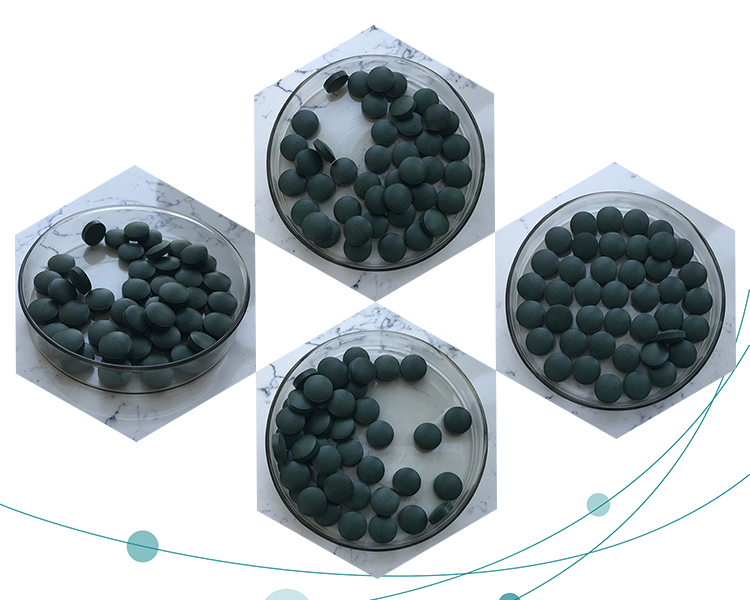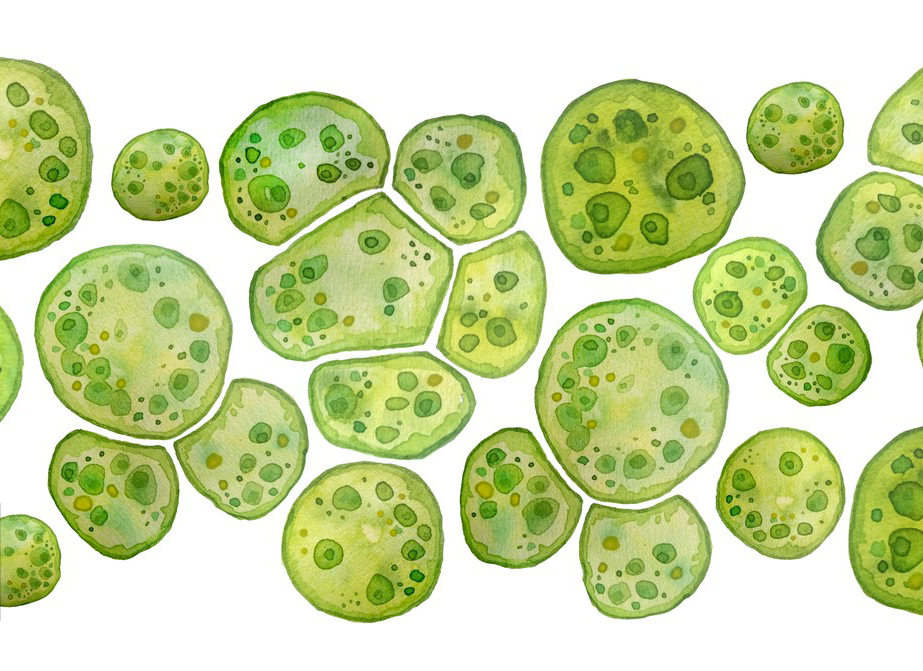Spirulina tablets are a popular dietary supplement derived from blue-green algae. Here are some pros and cons associated with their consumption:
Pros of Spirulina Tablets:
Nutrient-rich: Spirulina is a highly nutritious food, rich in protein, vitamins (such as B vitamins), minerals (such as iron and calcium), antioxidants, and essential fatty acids. It provides a wide array of nutrients beneficial for overall health.
High protein content: Spirulina is a great source of plant-based protein, making it an excellent supplement for vegetarians and vegans or those looking to increase their protein intake.
Antioxidant properties: Spirulina contains antioxidants like phycocyanin and beta-carotene, which help protect cells from damage caused by free radicals, reducing oxidative stress and inflammation in the body.
Potential immune support: Some studies suggest that spirulina may have immune-boosting properties due to its various nutrients and antioxidants, potentially aiding in the body’s defense against infections and illnesses.

May support heart health: Spirulina has been shown to help lower LDL cholesterol and triglyceride levels, which could contribute to heart health and reduce the risk of cardiovascular diseases.
May aid in detoxification: Spirulina has been studied for its potential ability to help detoxify the body by binding to heavy metals and toxins, facilitating their removal.
Cons of Spirulina Tablets:
Contamination risk: Spirulina can be contaminated with heavy metals, microcystins (toxins produced by certain types of algae), or other pollutants if not sourced from reputable manufacturers or grown in controlled environments. This could pose health risks if consumed in large quantities.
Digestive issues: Some people may experience digestive discomfort, such as bloating, gas, or diarrhea, when first starting to take spirulina tablets. This can often be mitigated by starting with a lower dosage and gradually increasing intake.
Allergic reactions: Although rare, some individuals may be allergic to spirulina, experiencing symptoms like itching, rash, or difficulty breathing. Anyone with known allergies to seafood or algae should exercise caution when consuming spirulina.

Interactions with medications: Spirulina may interact with certain medications, such as immunosuppressants or blood thinners, so it’s important for individuals on medication to consult with a healthcare professional before adding spirulina to their regimen.
Potential for nutrient imbalances: While spirulina is nutrient-dense, relying solely on spirulina tablets for nutritional needs may lead to imbalances or deficiencies in other nutrients not adequately provided by spirulina alone. It’s best used as part of a balanced diet.
Ethical concerns: Some environmentalists raise concerns about the sustainability of spirulina production, as large-scale cultivation can potentially have negative impacts on local ecosystems and water resources if not managed responsibly.
Before incorporating spirulina tablets into your diet, it’s advisable to consult with a healthcare professional, especially if you have any pre-existing health conditions or concerns.
